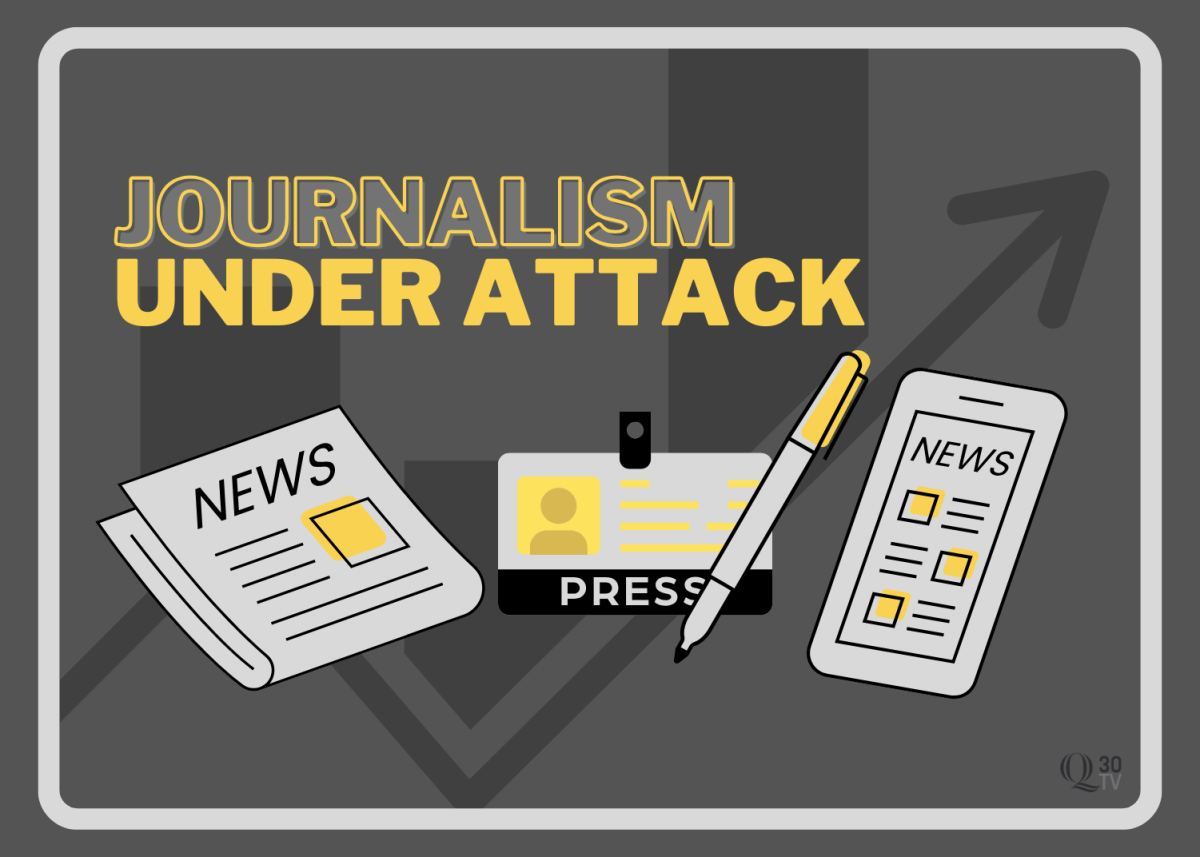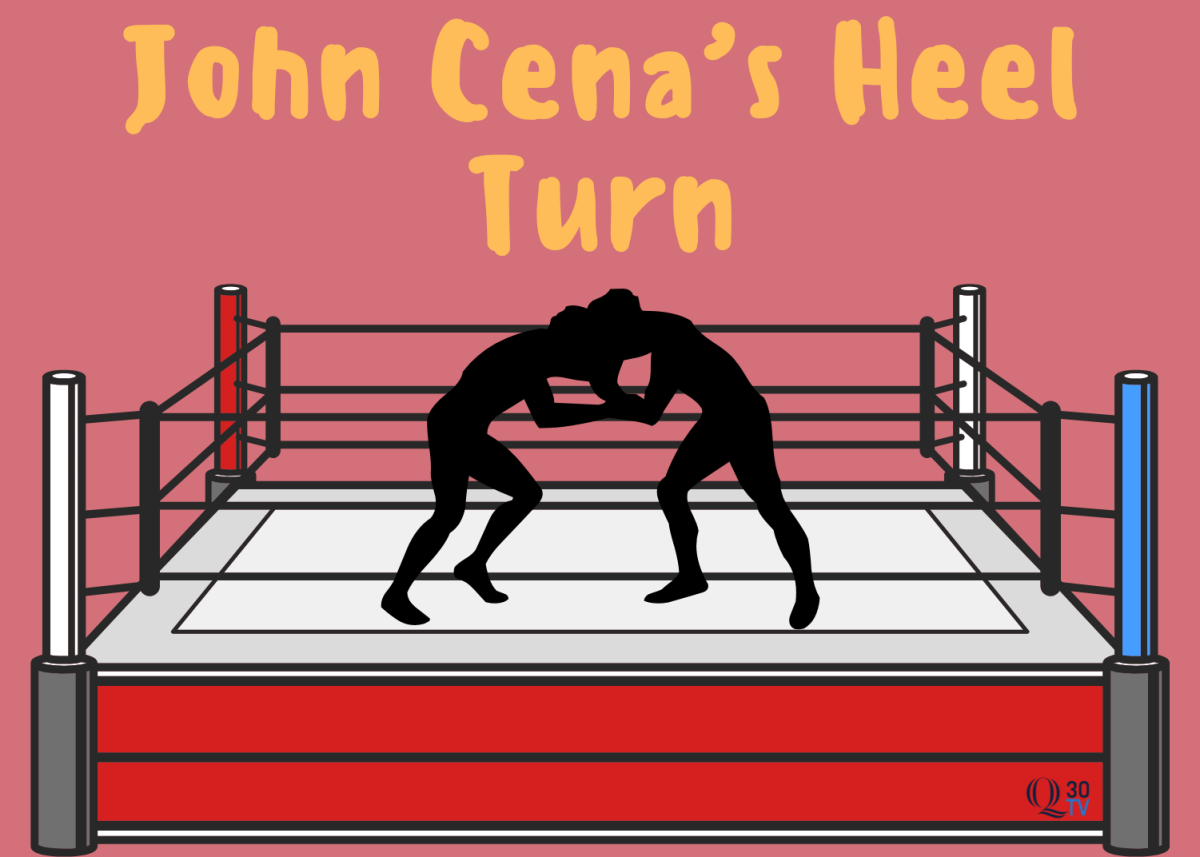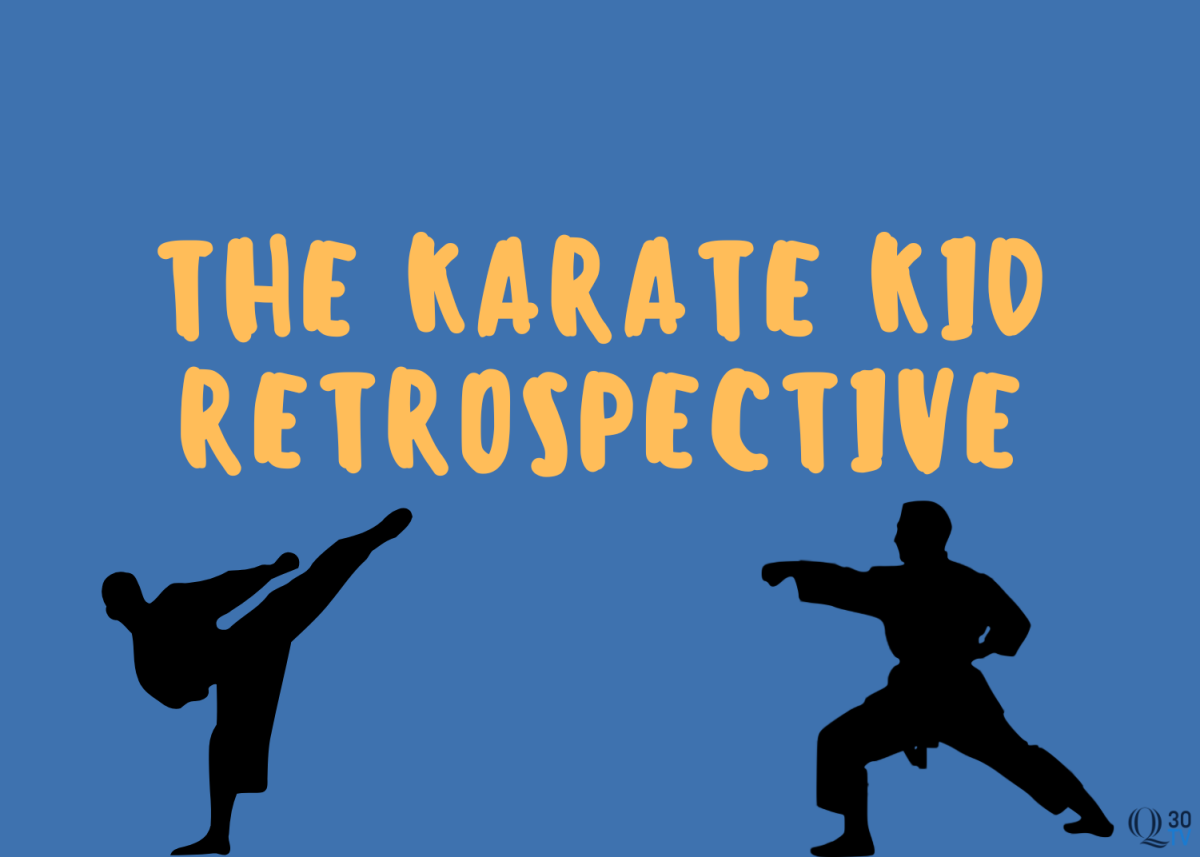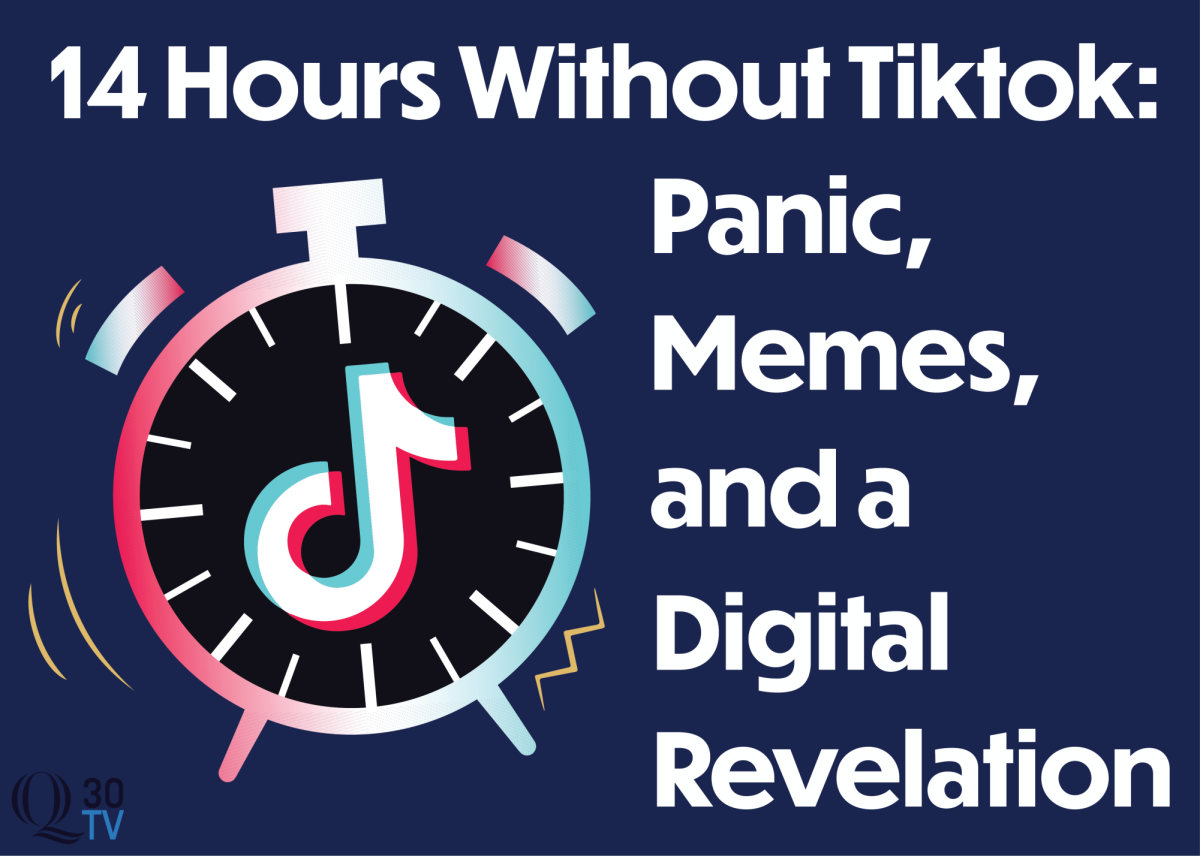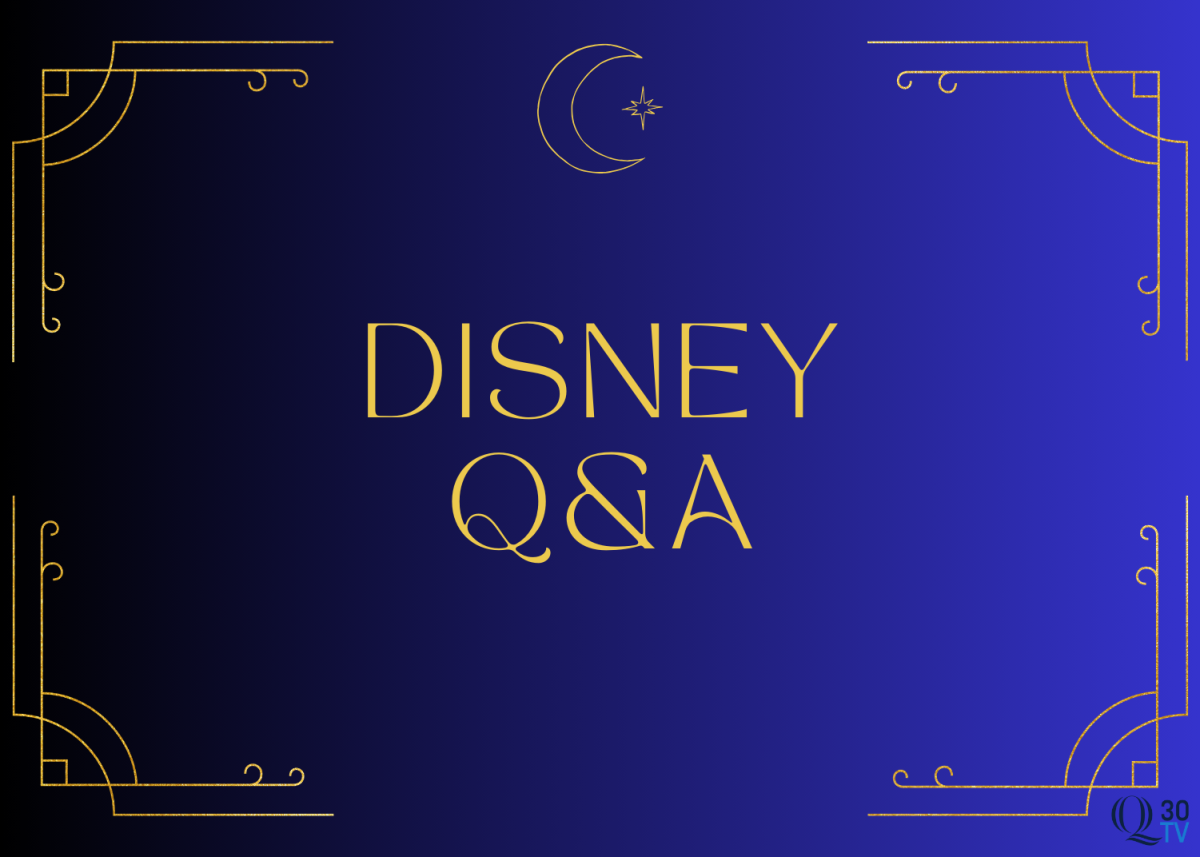Over the past few years in the entertainment and media industry, we’ve been reckoning with job insecurity, labor rights abuse, and inadequate wages. The Hollywood Strikes of 2023 made significant improvements and attracted a fair amount of national media coverage, raising awareness of the problems and obstacles writers, producers, and creatives go through to do what they love.
This epidemic of corporate greed and unethical practices in the media industry has reached journalism. Over the course of a week, the acclaimed music outlet Pitchfork found out they were being “absorbed” into fellow Conde Nast company GQ, and “most and possibly all” of Sports Illustrated writers found out they were going to be laid off. In other news, it’s been reported that the National Football League is looking to buy a stake in ESPN, the sports broadcasting giant currently owned by Disney.
This is only the latest in a series of journalistic organizations shutting down and being bought out. What started with small, local papers has crescendoed into long-standing organizations that have cemented themselves as cultural cornerstones meeting the same fate: being bought out, and laying off hundreds (if not thousands) of talented, hard-working writers.
Pitchfork has always been at the center of music journalism. Sure, many know them for their controversial ratings, but at the end of the day, they offer new, creative critiques of the industry and boost hundreds of artists who aren’t always under a major label. They have an authentic voice and are always at the forefront of the conversation when discussing modern-day music.
Being absorbed into GQ, a much larger men’s magazine, should be ringing alarm bells to everyone. According to The Guardian, this decision “cements perceptions that music is a male leisure pursuit, and undermines the fact that it was women and non-binary writers (…) who transformed the website in the 2010s.”
Seeing as GQ is a much broader publication (in terms of topics covered), it’s safe to assume that many Pitchfork writers will not be a part of this new integration. Moving into somewhere where music is not the top priority is a massive blow to everyone who has worked so hard to deliver high-quality and sometimes audacious coverage of the industry. Pitchfork has made every other music and arts outlet up their game and has long stood as a company that reports on the industry they love so critically, which is the point of journalism, anyway. As the line between journalism and PR continues to blur these days, Pitchfork always stood its ground in being candidly honest.
Speaking of high-quality coverage of a specific industry, reports emerged on Friday that Sports Illustrated, the esteemed sports outlet and eponymous magazine, was laying off “most if not all” of its guild-affiliated writers. This comes after Authentic Brands, who owns Sports Illustrated, terminated the Arena Group’s publishing license, effectively leaving the Arena Group (that maintains the publishing rights of SI) in debt.
The two companies forged a “complex corporate structure” according to New Yorker Magazine, making strange business moves and limiting production of the once-weekly magazine to merely monthly. In February 2023, approximately all of the sports editors were laid off at the magazine, leaving writers extremely confused about how on earth they would get their pieces out into the world.
It was corporate greed that effectively killed the most iconic sports journalism outlet in the entire world. How on earth do you manage to dismantle a longstanding cultural cornerstone in the world of sports with one of the simplest business models? The appeal of Sports Illustrated was not just the hard-hitting journalism, but the iconic covers- high school LeBron, World Champion Brandi Chastain, and yes, the iconic and sometimes infamous Swimsuit issues- still hang in childhood bedrooms, college dorms, and offices everywhere.
As much as this issue is affecting print and digital journalism, the broadcast world is not exempt from this either. It’s been reported over the last few weeks that the NFL is looking to buy a stake in ESPN, the Disney-owned sports television empire. ESPN frequently broadcasts NFL games and covers the league extensively.
If the NFL buys ESPN, we might never get to hear of Stephen A. Smith’s hatred for the Cowboys, ever again. Would the league even stand for that? On a more serious note, would ESPN be allowed to publish or discuss anything remotely critical of the league, in this time of exponential growth across demographics? The NFL is in the midst of a major turning point, as it figures out where it wants to go in both triumphs and tragedies: expanding the young female demographic it’s recently attracted, and addressing the perilous health concerns such as concussion protocols and CTE across the league.
It’s up to sports journalism to bring awareness to these issues. It’s up to reporters, anchors, broadcasters, writers, and everyone involved to bring us high-quality, accurate, and relevant news. It should go without saying that it shouldn’t always be hard-hitting investigative journalism going on, but also celebrating the remarkable stories that come out of sports. Truth be told, we will have none of that if corporate greed and reckless decisions keep costing us, as fans, thoughtful, exciting, and extensive coverage.
If we don’t fight for journalism now, there’s a chance we may never have it again. Sports, music and news of all kind shape our everyday lives. We, as media-consuming humans, interact with it nearly every day. Shouldn’t we be critical about the things we consume? Aren’t we entitled to fair, in-depth coverage of the things we love?
Journalism is dying before our very eyes. The only way to save it? Do it.
Follow @gabriellamadd


